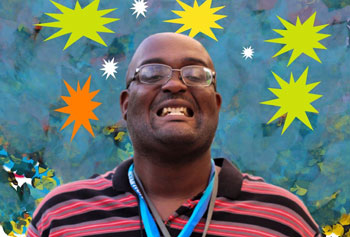The Impact of Peer-to-Peer Mentoring on Participant Direction: Successes, Challenges, and Looking Ahead
Authors: David James (DJ) Savarese, Co-Chair Alliance for Citizen Directed Supports; Marian Frattarola-Saulino, Co-Chair Alliance for Citizen-Directed Supports and Co-Founder and CEO, Values Into Action; and Jamie Ray-Leonetti—Associate Director of Policy, Institute on Disabilities at Temple University
What is Participant-Directed Services?
Participant-Directed Services (PDS) are home and community-based services that help people of all ages across all types of disabilities maintain their independence and determine for themselves what mix of personal assistance supports and services work best for them.1
Pennsylvania Autism and Self-Direction Outreach and Mentoring Project
This initiative is a short-term project of the Institute on Disabilities at Temple University funded by the PA Developmental Disabilities Council. The Institute partnered with Values Into Action to provide education to people with autism about self-directing one of more of their supports and services. Project participants were given an opportunity to meet one-on-one with a Certified Supports Broker. Supports Brokers taking part in this project worked to identify and enhance natural supports for people with autism. This could include matching someone with autism who is self-directing with someone interested in learning more. This allowed for both peer-to-peer mentoring and mentoring from the Supports Broker.2


